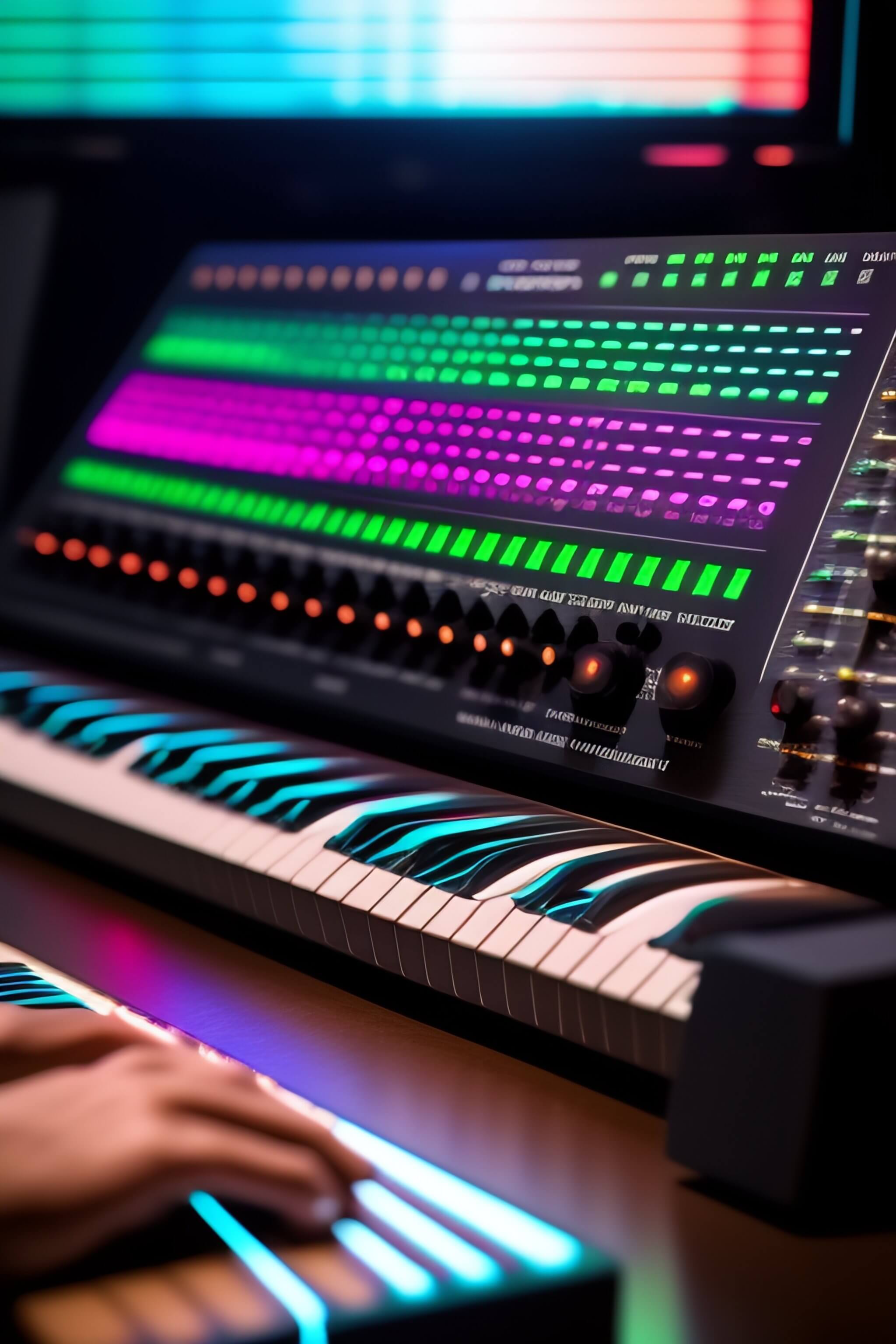
What is Generative AI and will it replace human creativity?🎨👩🏻🎨
25 August, 2023
Over the last decade, AI technology has surged forward, offering a wide array of applications. Among these, Generative AI stands out as a recent addition that's rapidly gaining traction in various industries.
What is Generative AI? 🤖

Generative AI, a facet of machine learning, crafts new content by recognizing patterns in training data. Unlike traditional AI that predicts based on existing information, generative AI goes further, producing text, images, and videos.
The Power of Generative AI Algorithms 💡
Modern generative AI algorithms show promise in creating realistic visuals, music, and text. Experts anticipate their growing impact in workplaces, suggesting they might surpass human capabilities in creative tasks.
Generative AI Applications 🌈
Photography and Videography 📸🎥
Generative AI streamlines photography and videography by optimizing camera angles, lighting, and special effects, expediting the editing process.

Music Production 🎵🎹
Generative AI aids music production by generating fresh melodies, chord progressions, and drum patterns, enabling musicians to experiment with new sounds more efficiently.
Writing 📝
Generative AI assists in content creation, especially in businesses where skilled writers are scarce. It helps compose engaging summaries, headlines, and even entire scenes.

Fashion Design 👗👠
Generative AI aids fashion designers in creating distinctive designs, patterns, and clothing items, fostering innovation in the industry.
Visual Arts 🎨🖼️
Generative AI transforms visual arts by enhancing and editing images and videos, fostering novel creative possibilities.
Limitations of Generative AI 🛑
Dependence on Training Data 📊📚
Generative AI creates based on its training data, lacking the profound understanding and interpretation that humans possess.
Lack of Spontaneity and Intuition ❓❌
While generative AI produces unique content, it relies heavily on existing works and lacks the ability to "think outside the box."
Emotional Intelligence 😢❤️
Generative AI lacks the emotional intelligence that human creators infuse into their works, resulting in content that might look human-made but lacks emotional resonance.
Contextual Understanding 🌍📜
AI struggles to fully grasp the historical, cultural, and social context that underpins human creativity.
Spontaneity of Human Intelligence 🌈🧠
Unlike AI, humans can generate original ideas spontaneously, stepping beyond the confines of training data.
Human Touch 👤🎨🎶
Human creators infuse personal experiences, emotions, and growth into their work, giving it a unique and relatable quality that AI can't replicate.
The Road Ahead for Generative AI 🛣️
Embracing Generative AI 🤗
While AI isn't a replacement for human creativity, it can significantly aid creative processes. From generating ideas to assisting in design, generative AI has the potential to revolutionize creative work.
Conclusion 🎉
Generative AI marks a powerful advancement in technology, influencing diverse creative sectors. However, true human creativity remains unparalleled, leaving AI with room to grow before it can fully bridge the gap. Meanwhile, leveraging generative AI's current capabilities can undeniably elevate and expedite human creative endeavors.